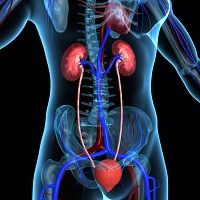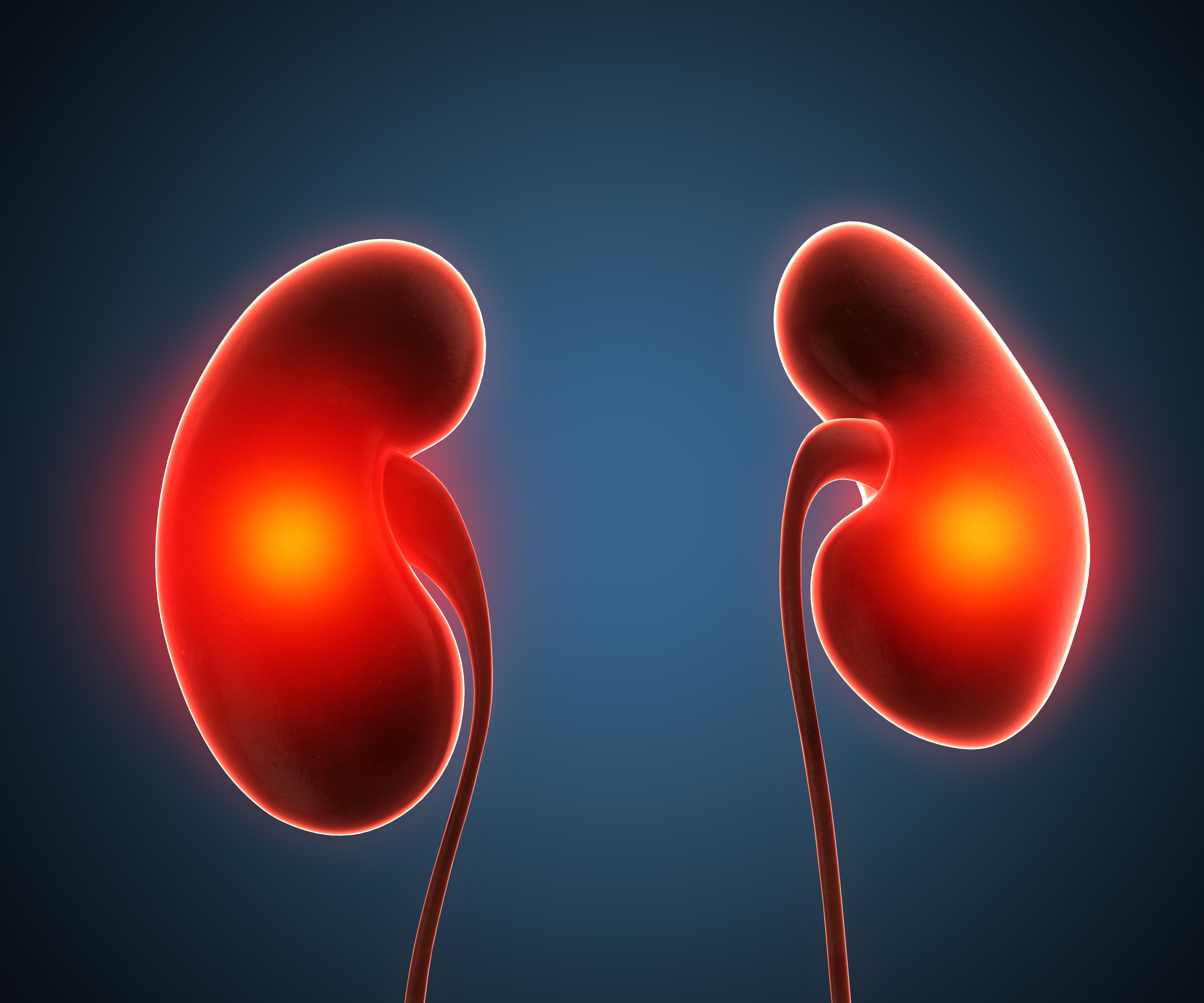Article
Japanese Study Links RA Inflammation with Incidence of Kidney Disease
Author(s):
Roughly 20% of people with rheumatoid arthritis (RA) also suffer from chronic kidney disease (CKD), though no clear explanation exists as to whether or not that is coincidental.

Roughly 20% of people with rheumatoid arthritis (RA) also suffer from chronic kidney disease (CKD), though no clear explanation exists as to whether or not that is coincidental. Japanese researchers sought to find that out, and believe to have found a link between persistently high C-reactive protein (CRP), an indicator of inflammation, and CKD. Elevated CRP levels are seen as evidence of RA activity.
In a retrospective study examining data from an initial six-month period, 345 patients were divided into three groups: group 1 consisted of patients with no high CRP values; group 2 of those with transient high values (measuring “high” once or twice in the allotted period); and group 3, those with persistently high CRP values.
The long-term follow-up period had a median of over seven years, 14% of the subjects displayed incidence of CKD, with a proportionate rise across the three groups: 7% in group 1, 14% in group 2, and 22% in group 3. The report states that these findings have “important clinical implications.”
The researchers are careful to point out a number of limitations to their study, including what could be seen as a small sample size, a lack of knowledge about CPD levels after the initial six months of measurement, and a lack of information on some of the other factors that may have led to the patients’ CKD, among other things. Still, CRP is an indicator of inflammation, and they noted that “inflammation seems to have significant role in the incident CKD independent of specific renal disease, although we cannot completely exclude the specific renal disease due to the defect of histological analysis by kidney biopsy.”
Though the correlation between CKD and RA is likely multifactorial, control of inflammation, the authors asserted, could be beneficial in lessening RA patients’ risk of kidney complications.





